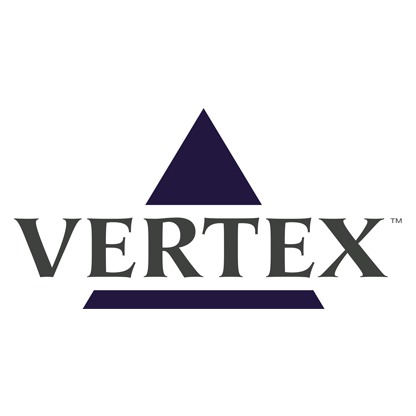
“The endocannabinoid system has gained attention as an important modulator of activity in the central nervous system. Initial studies focused on cannabinoid receptor 1 (CB1), which is widely expressed in the brain, but recent work also implicates cannabinoidreceptor 2 (CB2) in modulating neuronal activity.
Both receptors are capable of reducing neuronal activity, generating interest in cannabinoid receptor agonists as potential anticonvulsants.
CB1 (Cnr1) and CB2 (Cnr2) single-knockout mice have been generated, with the former showing heightened seizure sensitivity, but not overt seizures. Given overlapping and complementary functions of CB1 and CB2 receptors, we queried whether double-knockout mice would show an exacerbated neurological phenotype.
Strikingly, 30% of double-knockout mice exhibited provoked behavioral seizures, and 80% were found to be epileptic following 24/7 video-electroencephalographic monitoring. Single-knockout animals did not exhibit seizures. These findings highlight the importance of the endocannabinoid system for maintaining network stability.”
https://www.ncbi.nlm.nih.gov/pubmed/29105060
http://onlinelibrary.wiley.com/doi/10.1111/epi.13930/abstract









